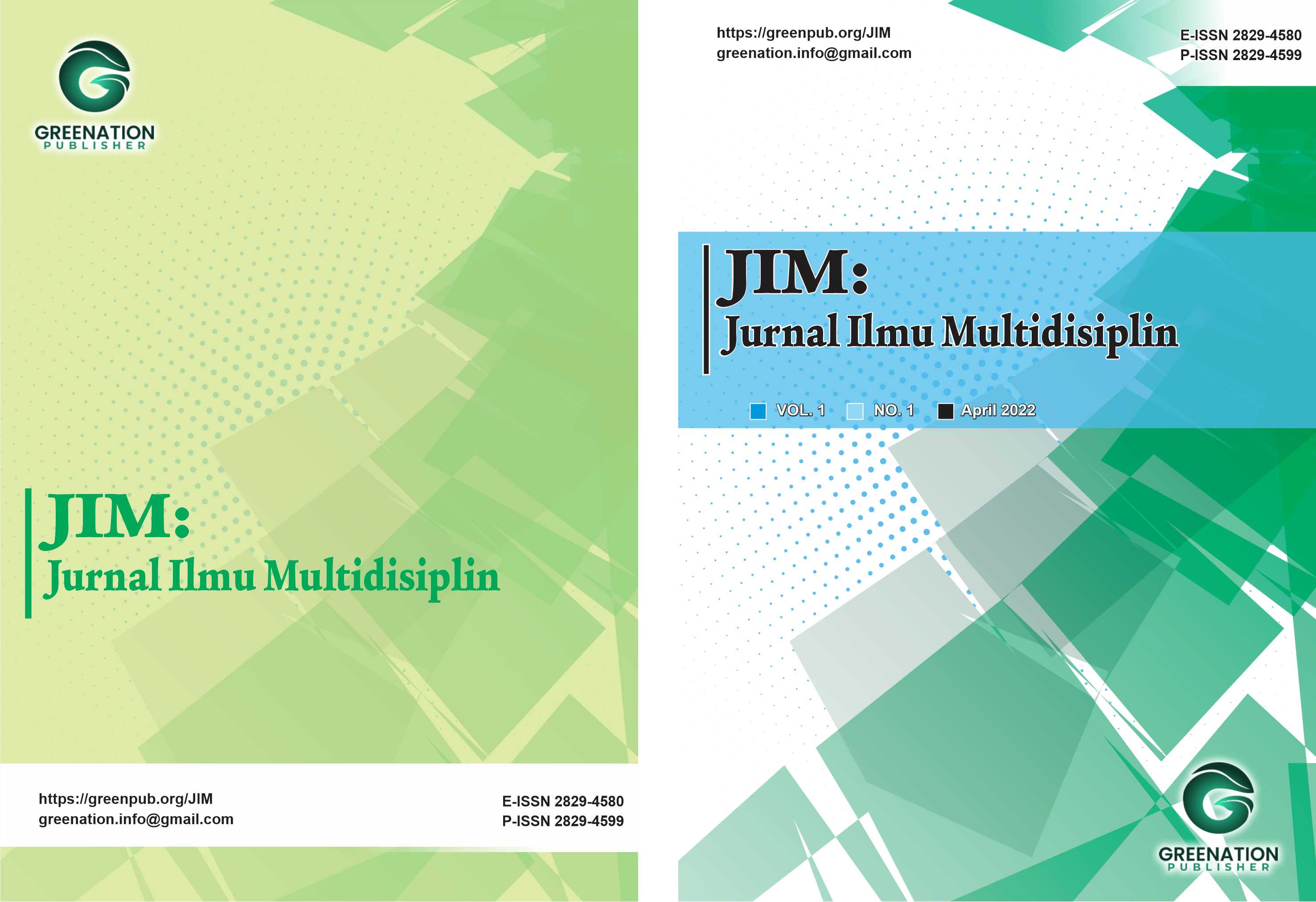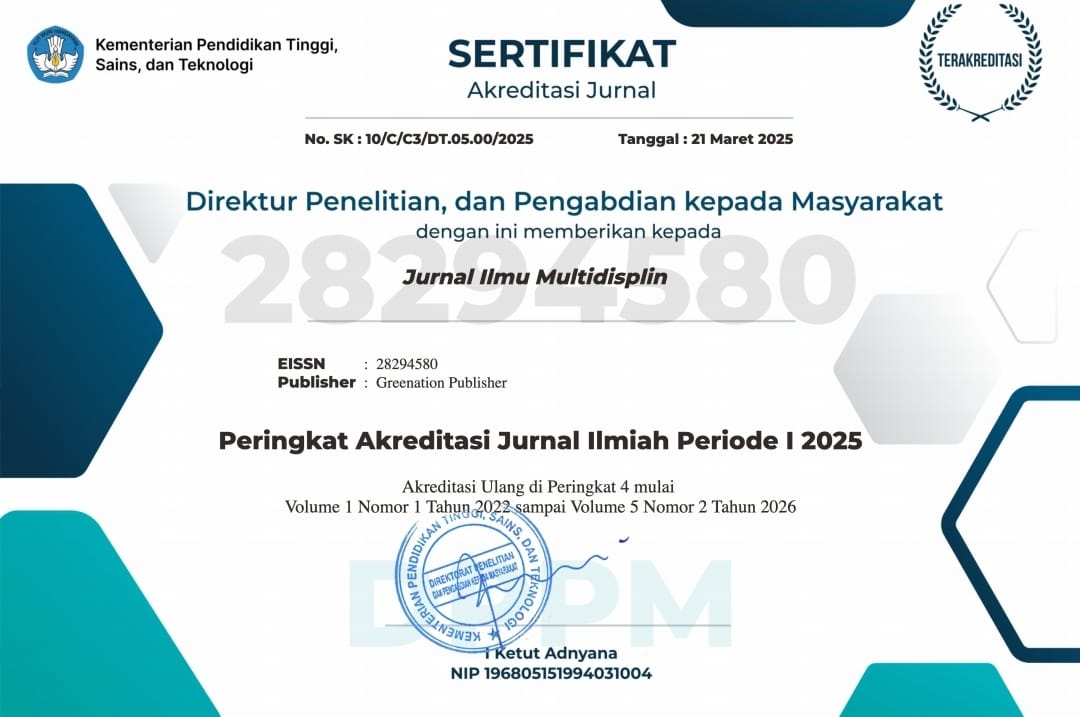Gamification in Financial Technology Implementation: A Systematic Literature Review
DOI:
https://doi.org/10.38035/jim.v4i2.1026Keywords:
Gamifikasi, Fintech, Literasi Keuangan, Keterlibatan Pengguna, Tinjauan Literatur SistematisAbstract
Penelitian ini mengeksplorasi penggunaan gamifikasi dalam teknologi keuangan (Fintech) melalui tinjauan literatur sistematis (SLR). Dengan menggunakan metodologi PRISMA, data dikumpulkan dari Google Scholar, IEEE Xplore, Scopus, dan JSTOR, dengan menerapkan kriteria inklusi dan eksklusi yang spesifik. Dari 608 catatan, 12 studi yang relevan dipilih untuk dianalisis. Temuan menunjukkan bahwa elemen gamifikasi yang umum di FinTech meliputi penghargaan, lencana, papan peringkat, dan pelacakan kemajuan. Elemen-elemen ini meningkatkan keterlibatan pengguna, mendorong kebiasaan keuangan yang sehat, dan mendukung literasi keuangan. Namun, sebagian besar penelitian berfokus pada dampak jangka pendek, dengan perhatian yang terbatas pada perubahan perilaku jangka panjang. Penelitian ini memberikan wawasan tentang tren saat ini, mengidentifikasi kesenjangan, dan menyarankan arah masa depan untuk platform teknologi keuangan yang lebih menarik dan edukatif.
References
Akhmedov, N. (2020). Master Thesis ? ??????? ??? ?????????? ??? ?????????? ??? ??????? ???????????. arXiv.
Arner, D. W., Barberis, J., & Buckley, R. P. (2016). The evolution of fintech: A new post-crisis paradigm? Georgetown Journal of International Law, 47, 1271.
Bayuk, J., & Altobello, S. A. (2019). Can gamification improve financial behavior? The moderating role of app expertise. International Journal of Bank Marketing, 37(4), 951-975.
Deterding, S., Dixon, D., Khaled, R., & Nacke, L. (2011). From game design elements to gamefulness: Defining "gamification." Proceedings of the 15th International Academic MindTrek Conference, 9-15.
Gurning, L. R. M., & Rahmanita, M. (2023). Potensi Gamifikasi Berbasis Platform Digital dalam Penelitian Pariwisata: Kajian Literatur. Tourism Science Journal, 9(1), 14-27.
Hamari, J., Koivisto, J., & Sarsa, H. (2014). Does gamification work? - A literature review of empirical studies on gamification. Proceedings of the Annual Hawaii International Conference on System Sciences, 3025-3034.
Hastuti, W. D. (2022). Gamification in Shopee for customer loyalty. Journal of Theoretical and Applied Information Technology, 100(16), 5167-5180.
Jiwasiddi, A., Adhikara, C., Adam, M., & Triana, I. (2019). Attitude toward using Fintech among Millennials. International Conference Proceedings, 26, 1-10.
Kertawijaya, M. (2023). Digital innovation in financial services: A systematic review. Journal of Financial Innovation, 15(2), 45-62.
Khaldi, A., Bouzidi, R., & Nader, F. (2023). Gamification of e-learning in higher education: A systematic literature review. Smart Learning Environments, 10(1), 1-25.
Kim, T. (2021). Ethical concerns and manipulation in gamification techniques. International Journal of Ethics in Digital Environments, 8(2), 45-60.
Koivisto, J., & Hamari, J. (2019). The rise of motivational information systems: A review of gamification research. International Journal of Information Management, 45, 191-210.
Lai, K. P. Y., & Langley, P. (2024). Playful finance: Gamification and intermediation in FinTech economies. Geoforum, 151, 103848.
Mohd Nawi, N. S., & Muhmad Nor, N. A. A. (2023). The Challenges in the Teaching of English Literature. Journey: Journal of English Language and Pedagogy, 6(1), 130-147.
Morschheuser, B., Hamari, J., & Werder, K. (2018). The gamification of work: Lessons from crowdsourcing. Journal of Management Information Systems, 35(1), 145-181.
Ozdamli, F., & Milrich, F. (2023). Positive and Negative Impacts of Gamification on the Fitness Industry. European Journal of Investigation in Health, Psychology and Education, 13(8), 1411-1422.
Prasetyo, A. P., Santoso, H. B., & Putra, P. O. H. (2023). Integrating Financial Management and Gamification: A Systematic Literature Review and Future Research Agenda. Indonesian Journal of Computer Science, 12(1), 961-986.
Rahman, S. U., Nguyen-Viet, B., Nguyen, Y. T. H., & Kamran, S. (2024). Promoting fintech: Driving developing country consumers' mobile wallet use through gamification and trust. International Journal of Bank Marketing, 42(5), 841-869.
Sabilirrasyad, I., Firdausi, F., Andita, N., & Hermansyah, M. (2024). Strategi Gamifikasi Ekonomi Digital dalam Meningkatkan Literasi Ekonomi Digital di Era Transformasi Digital. Jurnal Ekonomi Digital, 4(2), 65-73.
Tedja, R., Smith, A., & Johnson, B. (2024). PRISMA guidelines application in systematic reviews: Best practices and recommendations. Research Methods Journal, 8(3), 112-128.
Vijayakumar Bharathi, S., Perdana, A., & Kulkarni, M. S. (2023). Exploring the synergy between financial technologies and financial inclusion: What we know and where we should be heading? Pacific Asia Journal of the Association for Information Systems, 15(1), 87-126.
Yawin, M., & Wang, C. (2022). Mobile payment service gamification: Effect on usage behavior. International Journal of Mobile Communications, 20(4), 435-454.
Downloads
Published
How to Cite
Issue
Section
License
Copyright (c) 2025 Alika Naziera Wardani, Herman

This work is licensed under a Creative Commons Attribution 4.0 International License.
You are free to:
- Share— copy and redistribute the material in any medium or format
- Adapt— remix, transform, and build upon the material for any purpose, even commercially.
The licensor cannot revoke these freedoms as long as you follow the license terms.
Under the following terms:
- Attribution— You must give appropriate credit, provide a link to the license, and indicate if changes were made. You may do so in any reasonable manner, but not in any way that suggests the licensor endorses you or your use.
- No additional restrictions— You may not apply legal terms or technological measures that legally restrict others from doing anything the license permits.
Notices:
- You do not have to comply with the license for elements of the material in the public domain or where your use is permitted by an applicable exception or limitation.
- No warranties are given. The license may not give you all of the permissions necessary for your intended use. For example, other rights such as publicity, privacy, or moral rightsmay limit how you use the material.



























